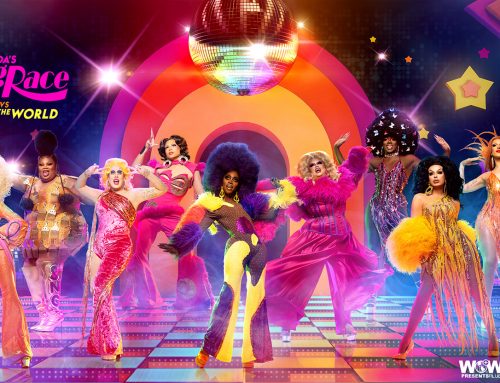Being a Parent as a LGBTQ+ Person
Being a parent has always been known as a product of straight relationships but in the 21st century it has become more and more popular for LGBTQ+ couples to achieve parenthood. Being an LGBTQ+ parent has some unique and interesting aspects to the child rearing process that should be taken into consideration:
Having a child as an LGBTQ+ person can be achieved through a few different avenues such as: conventional, adoption, surrogacy, insemination, reciprocal IVF as well as other developing methods:
1) The Conventional Method which I’ve been told is quite straightforward, involves two individuals who have the required sexual organs to reproduce naturally creating a child independently with no 3rd party involved, unless you’re into that sort of thing.
2) Adoption is another method which is a great option unless a genetic link to the child is highly desired. Adoption allows for LGBTQ+ parents to go through a process of become the legal parents despite a lack of a genetic link of a child or children, this can be done from birth or from an older age. A lot of people regard this as a loving gesture as it often means taking someone out of a foster system which can be harsh and traumatic to some children.
3) Surrogacy which is generally practised by gay couples whereas the couple will select a female surrogate to inseminated with a sperm of one of the parents and the surrogate will carry the child until birth at which time the baby will be passed over to the parents.
4) Insemination is more geared towards lesbian couples as donor sperm is injected into one of the woman’s womb, the sperm donor can either be anonymous or a chosen donor. The child is then born to the female couple to raise.
5) Reciprocal IVF follows a similar line to insemination but the egg from one of the womb possessing couple is fertilised using IVF which is then implanted into the other partner’s womb giving a sense of a shared effort which may be desirable.
Being an LGBTQ+ parent faces its own problems as you may be more prone to discrimination which you should bear in mind but the fundamental aspects of parenthood remain the same. Society as a whole is becoming increasingly accepting of LGBTQ+ relationships, which means any obstacles such as discrimination are deteriorating overtime. As a result you should consider more about what you want to achieve in your life and for your children rather than worrying about other external forces.
Explaining your relationship to your child may or may not be easy for you but either way there are many LGBTQ+ themed children’s books that may help with the process. This may be a more subtle way of educating your child rather than having an out and out conversation with them. Media in general has more and more LGBTQ+ characters/potential role models in it, so having to explicitly educate your children about your relationship may not be required nearly as much in future.
During the child’s development you should do your own research and find out what techniques you’re comfortable with as you should be able to raise your child in the fashion you want within the boundaries of the law, being a LGBTQ+ parent or otherwise.




Leave A Comment